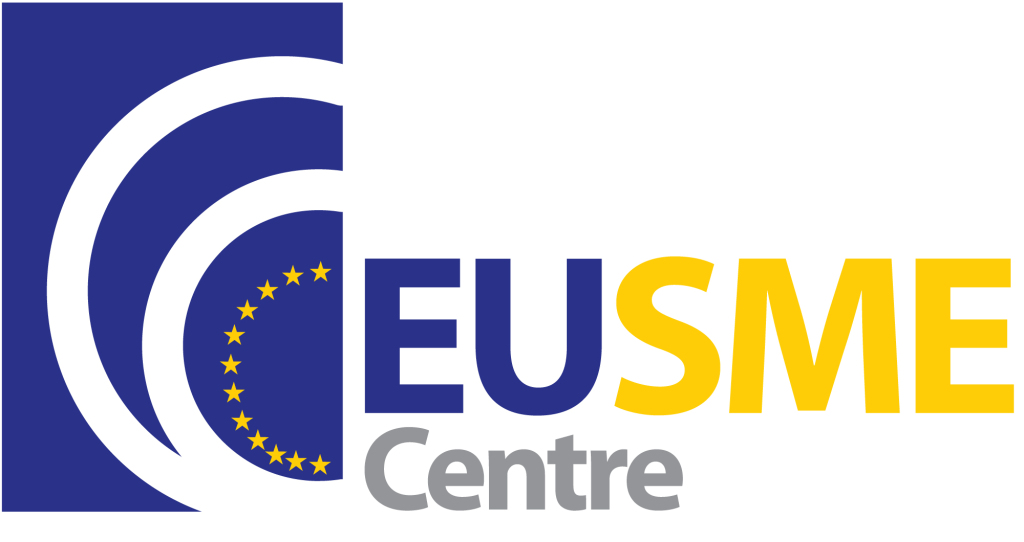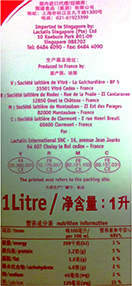Although China’s food and beverage industry continues to grow, food safety remains an ongoing concern among its citizens. In order to try and address these concerns, over the past two years the Chinese Government has been restructuring the mechanisms that supervise food production and distribution. Dr Martina Gerst, Standards and Conformity Assessment Advisor at the EU SME Centre, looks at some of the changes and how they may affect SMEs.
Entered into force on 1st October, 2015, the amended Food Safety Law (FSL) is considered to be the most stringent FSL ever passed in China. It will substantially revise the existing law, including:
- a tightening of scrutiny over additives and raw food materials, importation, sourcing and sales tracking requirements;
- more detailed recall procedures; and
- an increase in catering service providers’ obligations, packaging and labelling requirements, and third party liabilities (for example, online food retailers).
How will EU SMEs be affected by these revisions? What follows is a summary of key changes concerning two of the most asked about topics: packing/labelling and online retailing of food and beverage products.
Packaging/labelling
Besides detailing what is required to ensure compliance with mandatory standards for food, additives and food packaging for pre-packed food, the new FSL also clarifies exactly what should be marked on labelling for non-prepacked and pre-packaged food.
Let’s take labelling for dairy products as an example. China is a major importer of dairy products with an annual growth of about 16 per cent, but the dairy sector has also witnessed constant changes in regulations and implementation. Under the new law, the supervision of dairy will be strengthened, including the management of labelling for dairy products.
Here is a list of the minimum requirements that must be displayed in packaging, as indicated in China’s Food Safety National Standards General Rules for Labelling of Pre-packaged Foods (GB 7718-2011):
- Product name
- Place and country of origin
- Establishment number
- Production date
- Expiration date or best before date
- Storage temperature and conditions
- Net weight (English) – minimum font height is 2mm for a package under 50 ml/gr
- Producer name and address (English)
- Production Lot number (as defined by exporter)
- Ingredients list
- Must be in normal Chinese characters (except for registered trademarks)
- Minimum size of the words, symbols and numerals in the mandatory labelling information shall not be less than 1.8 mm in height
Labels and user instructions are required to be, at the very least, in Chinese with certain statutory content, otherwise the food will be prohibited from importation into China. Accordingly, importers will be obliged to inspect such labels and instructions before import.
The penalty for non-compliance will be a fine of 5–10 times the total value of the goods and/or revocation of the business licence.
New rules for online food retailers
Online shopping for food has become a major trend in China, one which necessitated changes to the FSL.
New provisions adopted for online retailers of food products include the obligation for them to:
- register genuine contact information, such as name and ID; and
- carry out due diligence on their vendors and food distributors and ensure that they have obtained all relevant licences where required.
Online food retailers will be held liable if they are unable to provide this type of information. To ensure compliance with these requirements, they now have to set up new systems, revise registration procedures and carry out due diligence. In addition, online retailers now have to report to the China Food and Drug Administration (CFDA) any illegal activities suppliers commit on the platform and act accordingly.
All these changes to the FSL in China are clearly a move in the right direction to strengthen food safety of Chinese consumers.
To learn more details of the new law and how you could better adapt to the changes, contact one of the Centre’s experts.
For the latest overview of the food and beverage market in China, download our sector report. To learn more about the specific labelling requirements for food and beverage products in China, download the guideline from http://www.eusmecentre.org.cn/guideline/food-and-beverages-technical-requirements-and-labelling.
The EU SME Centre in Beijing provides a comprehensive range of hands-on support services to European small and medium-sized enterprises (SMEs), getting them ready to do business in China.
 Our team of experts provides advice and support in four areas – business development, law, standards and conformity and human resources. Collaborating with external experts worldwide, the Centre converts valuable knowledge and experience into practical business tools and services easily accessible online. From first-line advice to in-depth technical solutions, we offer services through Knowledge Centre, Advice Centre, Training Centre, SME Advocacy Platform and Hot-Desks.
Our team of experts provides advice and support in four areas – business development, law, standards and conformity and human resources. Collaborating with external experts worldwide, the Centre converts valuable knowledge and experience into practical business tools and services easily accessible online. From first-line advice to in-depth technical solutions, we offer services through Knowledge Centre, Advice Centre, Training Centre, SME Advocacy Platform and Hot-Desks.
The Centre is an initiative implemented with the financial support of the European Union. It is managed by a consortium of six partners – the China-Britain Business Council, the Benelux Chamber of Commerce, the China-Italy Chamber of Commerce, the French Chamber of Commerce in China, the EUROCHAMBRES, and the European Union Chamber of Commerce in China.
To learn more about the Centre, visit the website.




Recent Comments